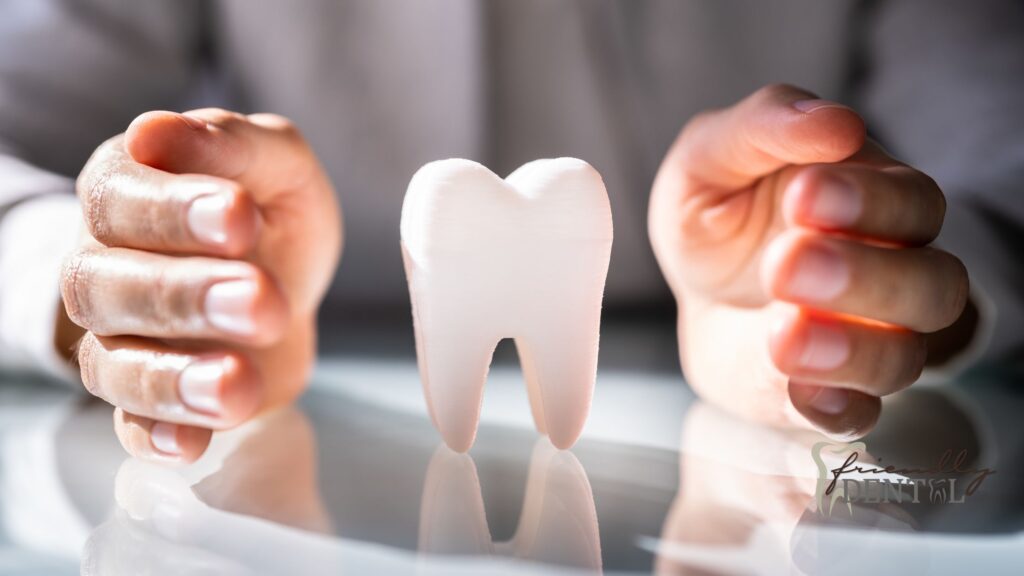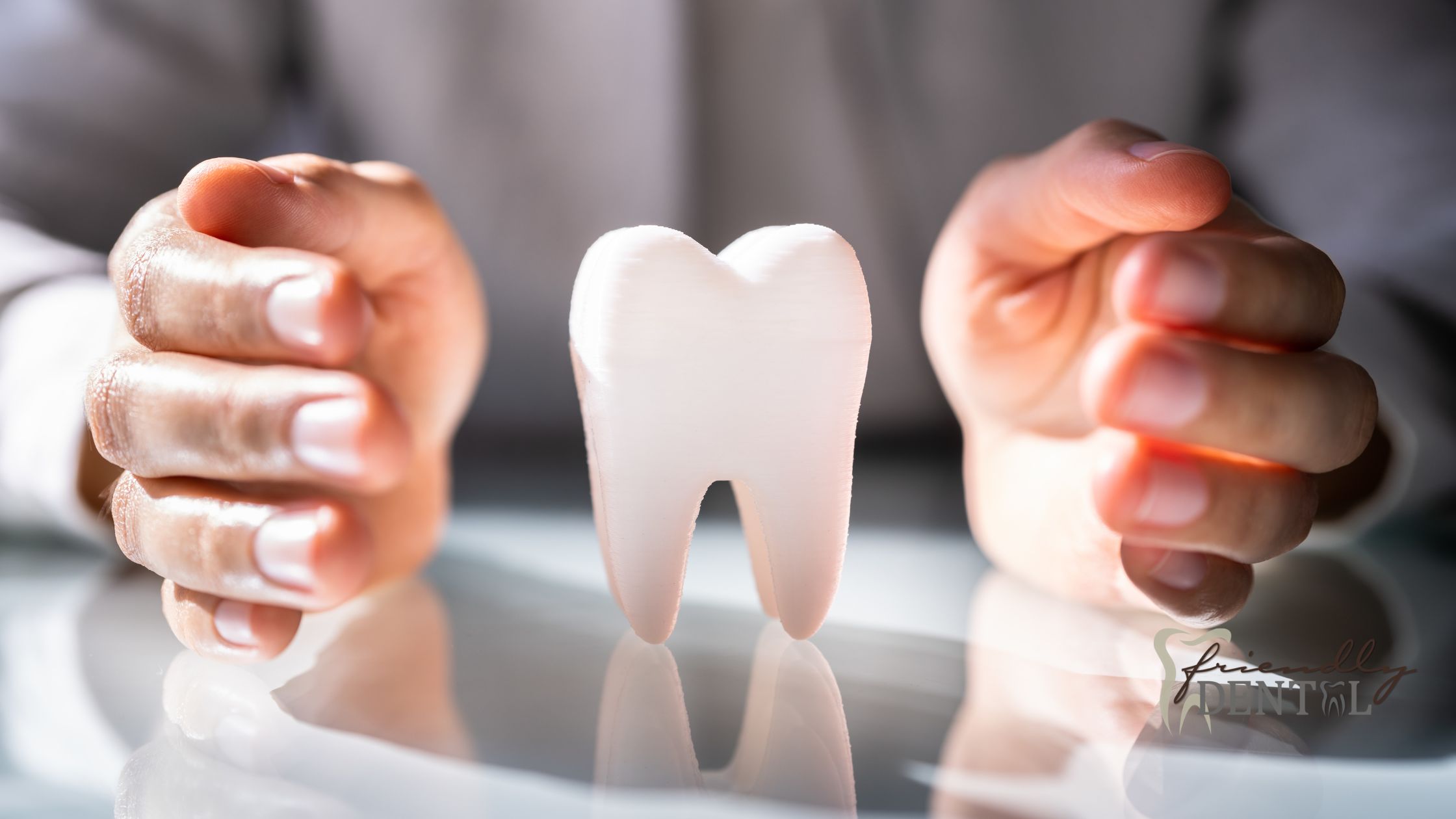Types of tooth Replacement

Everything You Need to Know About Tooth Repair or Replacement
When it comes to dental procedures, tooth repair or tooth replacement often go hand in hand. Tooth repair or replacement comes in many forms, but regardless of the type of dental treatment you need, the goal is the same – to restore the look, feel, and function of your smile. If you are in Aberdeen, NJ, and are looking for a dentist to help restore your smile, then look no further. In this blog post, we will discuss the different types of tooth repair or replacement to help you make an informed decision. As always, we encourage you to schedule a consultation with Dr. Homsi or Dr. Gomez to customize your treatment plan.
Dental Fillings – For those with dental cavities, dental fillings are the most common type of tooth repair. During the treatment, your Aberdeen, NJ dentist will remove the decayed part of the tooth and then fill the cavity with a material, such as composite resin or amalgam. Composite resin is a popular choice because it closely matches the shade of your natural teeth.
Crowns – Dental crowns are used to protect a tooth that has been severely damaged or weakened. The crown will cover the entire tooth, unlike a filling, which only fills in a portion. Crowns can be made from various materials, such as metal, ceramic, or resin.
Bridges – A dental bridge is used to replace one or more missing teeth. It is anchored to the remaining teeth on either side of the gap or can be attached to dental implants. Bridges can be made from various materials, such as porcelain or metal.
Dental Implants – Dental implants are a popular choice for replacing a missing tooth. During the procedure, a small titanium post is inserted into the jawbone, and then a crown is placed on top of the post. The implant will then function and feel like a natural tooth.
Dentures – Dentures are a common choice for those who need to replace many missing teeth. They can be either partial or full and can be removable or fixed. Unlike implants or bridges, dentures do not require surgery.
Every tooth repair or replacement treatment has its pros and cons, and it is important to work with a trained dental professional to choose the right option for you. Regardless of the treatment, the end goal is to restore the function and appearance of your teeth. If you are in Aberdeen, NJ, and are looking for a dentist, then we invite you to come to visit us. We have years of experience in performing various tooth repair or replacement treatments and are committed to helping you achieve a beautiful, healthy smile.







